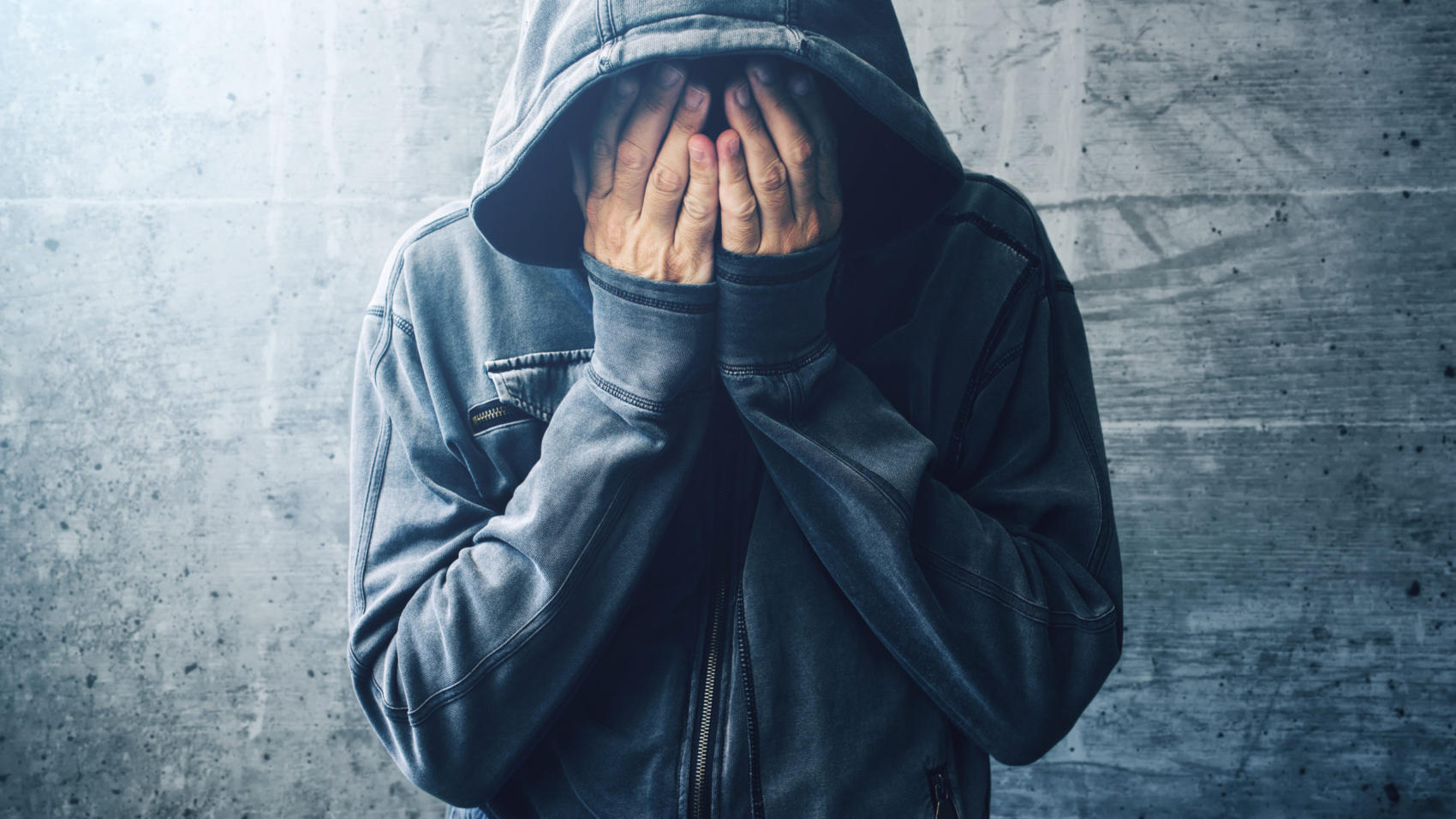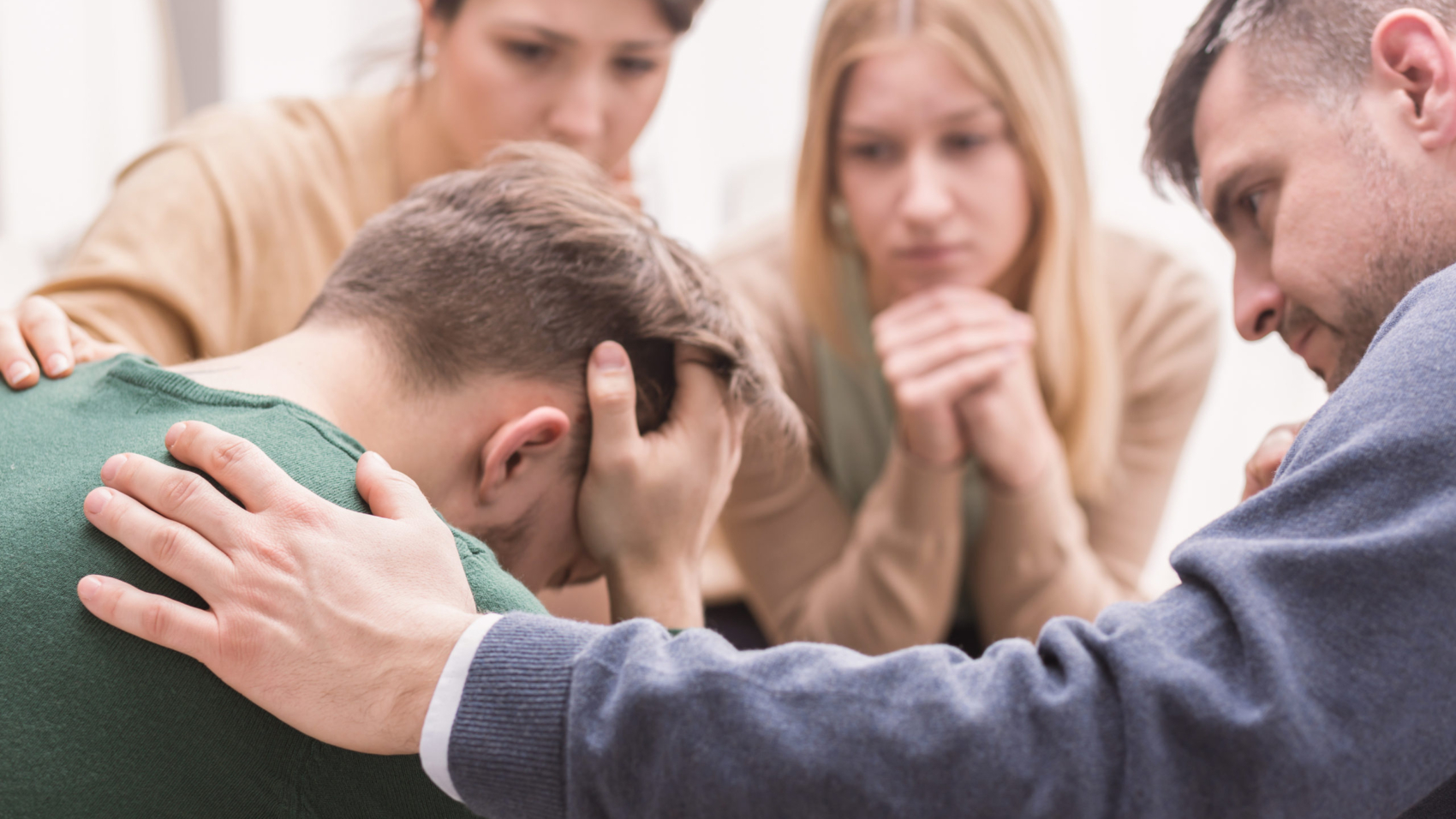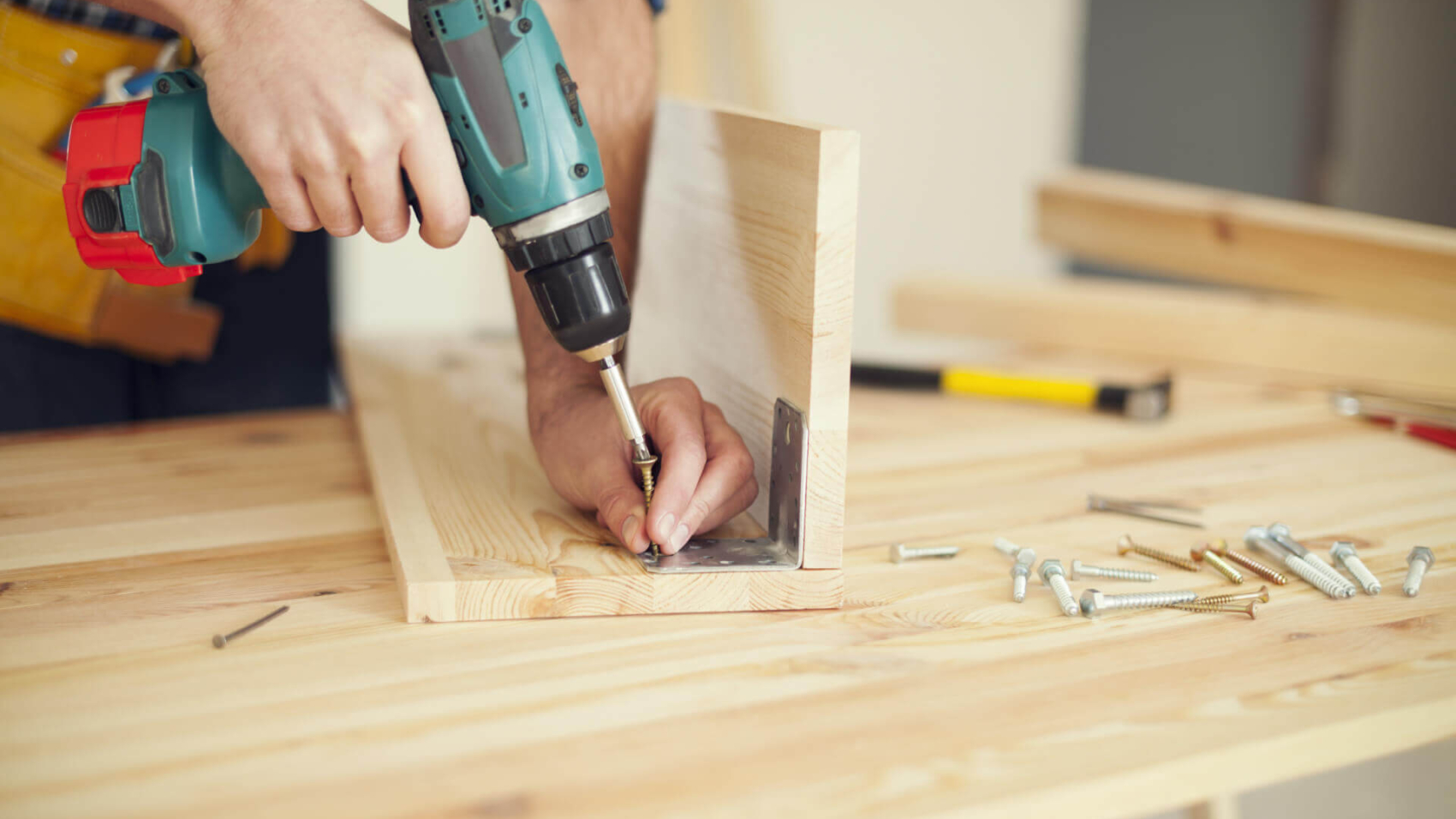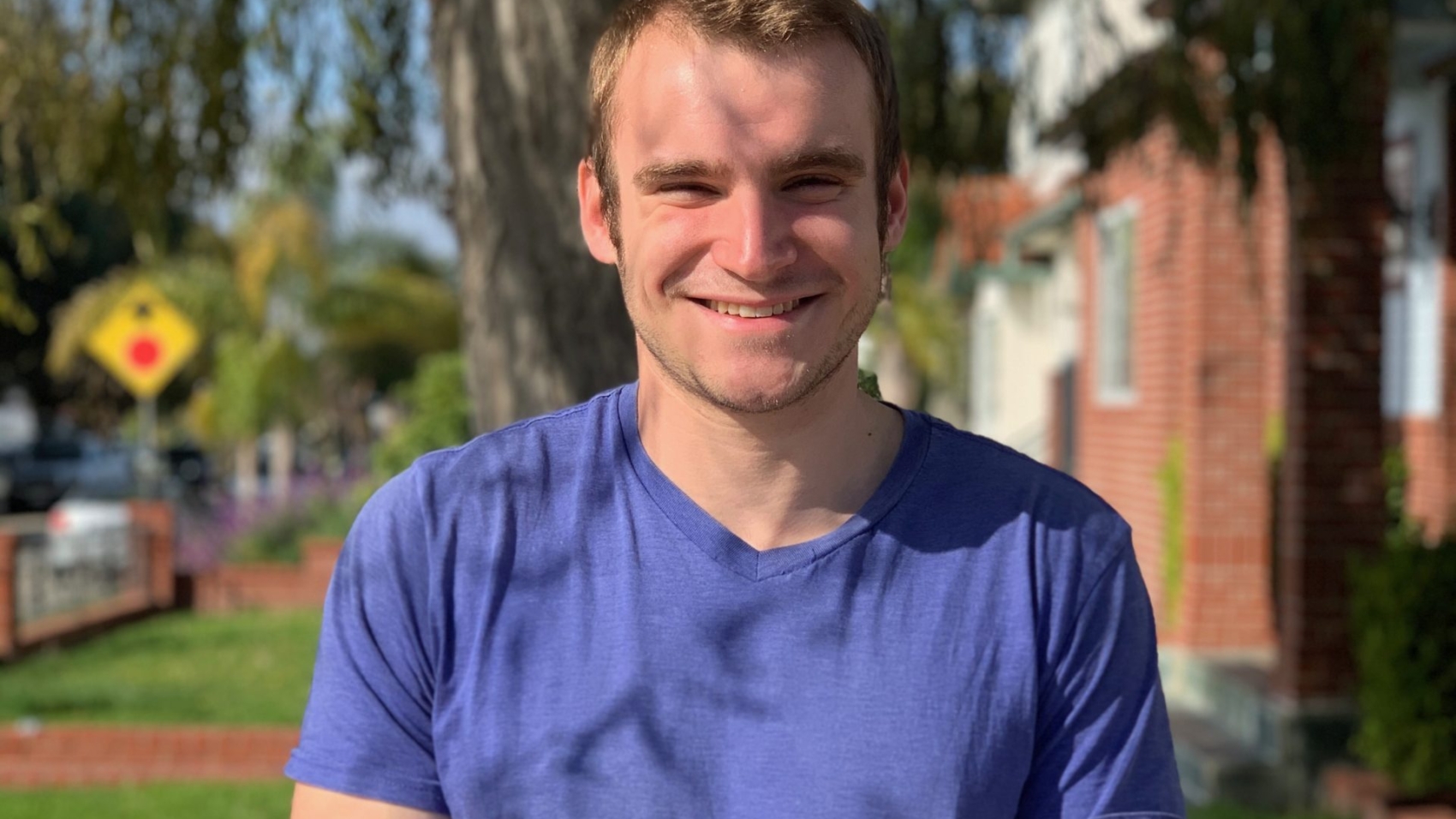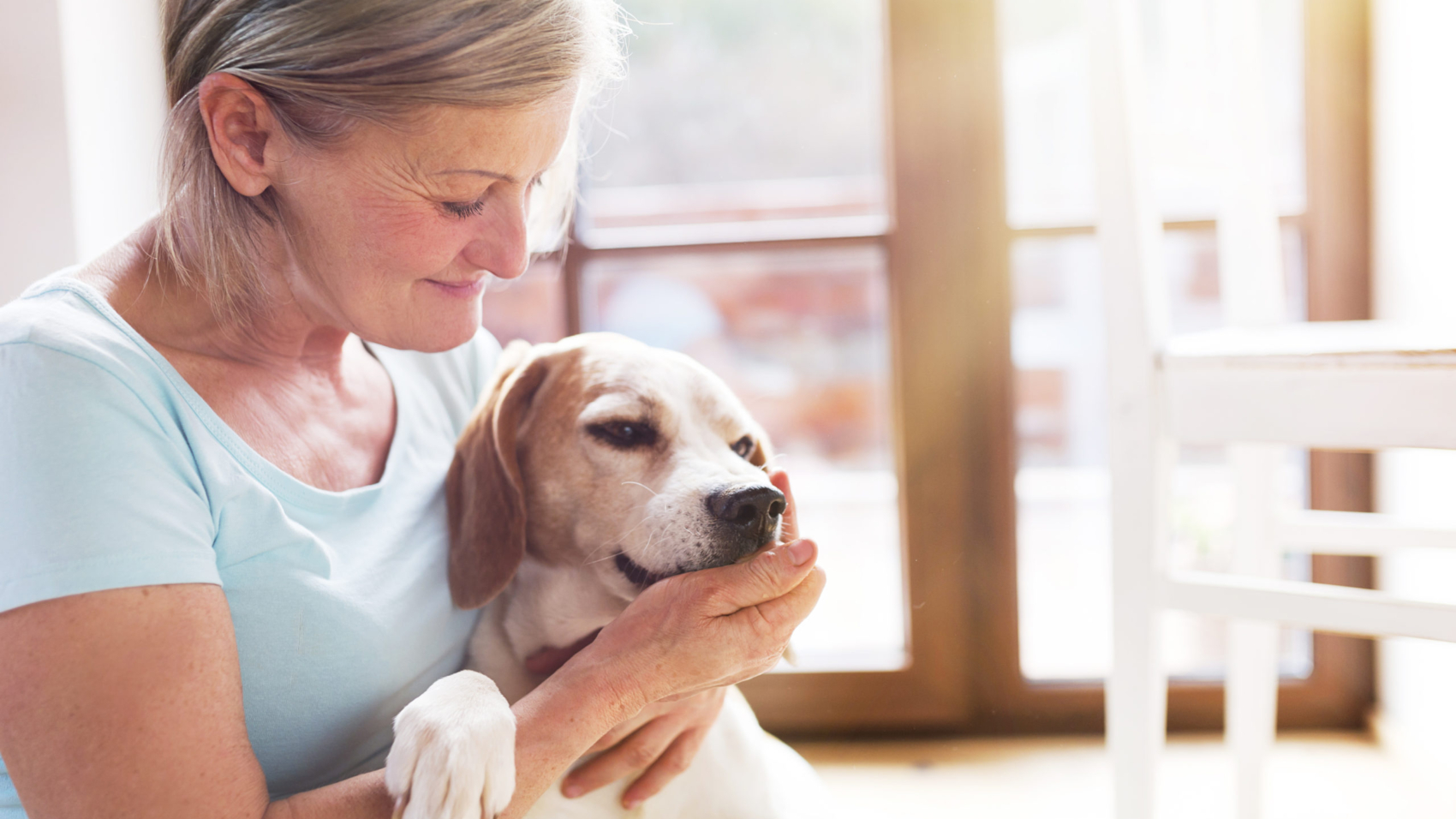Getting sober is one thing. Staying sober is another. When you leave rehab, you may be excited and nervous all at one time. You have started to learn how to live a new life, but you don’t yet have a lot of experience staying sober. You may feel pressured to do this recovery thing perfectly. We’re here to help you see that not only is that impossible, but it’s also not required. Instead, try to see the decisions you make in early recovery through the lens of supporting your recovery rather than achieving perfection. One way to support your recovery is to live in a sober living home in Southern California. This is especially true if your pre-rehab living space is a place you associate with drinking or using drugs. The Last House is here to help you build on the work you’ve done to get sober so that you can stay sober.
Benefits of Sober Living Homes for Addiction Recovery
Often when we are deep in our active addiction, we lose touch with living our lives and become solely focused on using. While you were active in your addiction you may have stopped paying attention to taking care of your body, holding down a job, having relationships with loved ones, and more. You may have lost everything and the thought of starting sober can be overwhelming. This is especially true if you don’t have a place to live after rehab or have never lived in a stable home. Sober living homes in Southern California can be your port in the storm after rehab. Sober living houses offer a living environment that supports maintaining a recovery lifestyle.
Sober living provides safe and stable housing, which is an essential foundation in early recovery. By living in a sober living home, you take the pressure off yourself while learning how to live in recovery. Research has demonstrated that those who reside in a sober living house can make and sustain changes that support their recovery. Learning how to socialize, work, and live without using is a part of early recovery. Learning to do this while in a sober living home can make it seem less overwhelming. Many sober living homes host social outings, provide structure, and require you to participate as a member of the house.
More than anything, the benefit of living in a sober living home is community. Early recovery can feel a bit like navigating chopping waters in a small rowboat. A sober living home offers more stability while surrounded by others in those same waters. Addiction is a lonely and isolating disease. Community and connection are how you get and stay sober. At The Last House, we’ve even incorporated rescue dogs into our program so that you can enjoy the love of a dog and the responsibility of helping care for a pet. While it is possible to do recovery alone, it is those who find and build a support network that enjoy the most success in recovery. You don’t have to do early recovery alone.
Sober Living at The Last House
The Last House Sober Living is a network of structured sober living homes in Southern California. We believe in providing our clients with the tools to have a meaningful life and participate in their own sobriety.
We’ll help you learn how to live and have fun in sobriety through service commitments, sober parties, conventions, dances, and house outings. Our experienced staff is composed of active members of the Los Angeles Sober Living community. If you’re wondering where to start to create your sober life, The Last House is here to help!


